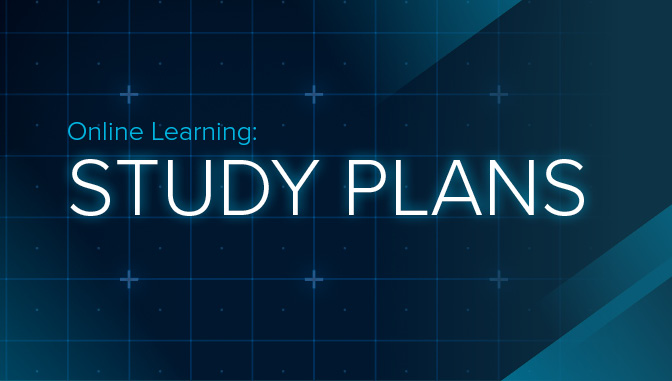Study Plans: Why They’re Important and How to Use Them

What is a Study Plan?
A study plan is a chart or schedule that allows you to block out time needed each day for well-defined learning activities, goals, and routine daily tasks. It’s especially helpful when trying to make time between your work life, social life, and other responsibilities to do your schoolwork.
Benefits of a Study Schedule
A study schedule offers numerous benefits that can enhance academic performance and overall learning experience. It helps in managing time effectively, promotes consistency and discipline, reduces stress, and aids in identifying and addressing knowledge gaps. Ultimately, it leads to increased productivity and improved academic performance.
How to Create a Study Plan
Everyone’s study plan looks different. Here is one way that you could create a study plan.
- Create a time chart of your current activities to see where and how you are spending your time in a typical week.
- List all the courses or topics that need to be studied and establish your study goals.
- Looking back at the time chart that you created, find blocks of time that you could use for studying. Even blocks of 20-30 minutes can be very useful. Using a calendar or planner, mark blocks of time for work, personal time, family time, and for your different courses and topics.
What’s the Best Way to Use My Study Plan?
To make the most of your study plan, it’s essential to approach it strategically. By incorporating these effective techniques, you can optimize your learning and achieve your academic goals more efficiently.
Take Study Breaks:
Remember to take brief breaks to stretch, walk around, or grab a snack. You need to step away from your studying once in a while so you don’t get to stressed.
Switch Up Your Study Routine:
Change things up by switching between subject or study techniques. Change study locations periodically. Vary study techniques by course content (subject).
Create Mini-Deadlines:
While your syllabus should provide you with assignment due dates, you should make a habit of creating your own deadlines leading up to those due dates. Use these mini-deadlines to complete smaller pieces of your assignment as you work until the final product due date.
Fully Commit to Studying:
When you set time aside to study, be committed to studying. Focus on the task at hand and try your best to avoid distractions. One way to have successful study sessions is to create a beneficial environment. Choose a quiet, well-lit area that is free from interruptions and have all your supplies and resources on-hand.
Tackle the Most Important Content First
At the beginning of a study session, determine which content is the most important. Tackle that content first. You want to make sure you’re getting the most out of every study session, and the best way to ensure that is to make sure you’re covering the content that is going to impact your learning the most.
Use Every Spare Moment
It can be challenging, as a busy adult with a huge array of responsibilities pulling you in every direction, to find the time to study. Use every spare moment you can to study, even if it’s for only five or ten minutes. Flashcards work great for quick study moments. They are convenient, compact, and easily fit into a pocket, bag, of even in the console of your car.


